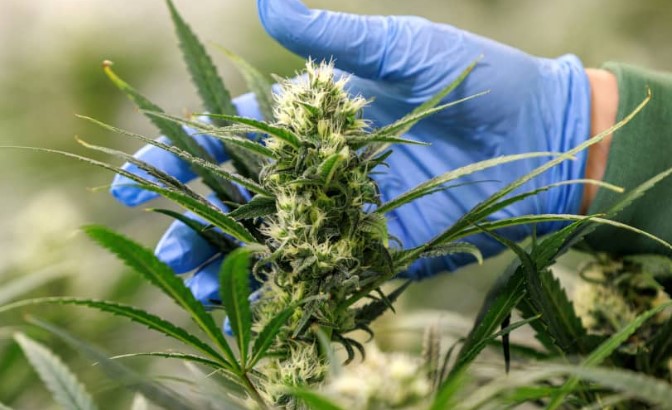In the competitive landscape of foreign direct investment (FDI), Saint Lucia and other Caribbean nations offer substantial tax concessions to attract investors. These incentives include VAT relief on building materials, income tax exemptions, property tax waivers, and customs duty exemptions on imports. Such measures are part of a broader strategy to stimulate economic growth and job creation. However, the International Monetary Fund (IMF) has raised concerns about the sustainability of these incentives, noting that the cost per job in the formal sector can be as high as $2,500. Research also indicates that some countries forfeit up to 16% of their annual GDP through tax incentives, with limited tangible benefits. Despite these criticisms, proponents argue that without such incentives, investment and job creation would stagnate. To address these challenges, the Regulated Substance Authority (RSA) and other stakeholders are focusing on sector-specific incentives that prioritize corporate social responsibility, environmental protection, and compliance with national and international laws. Additionally, efforts are underway to improve the ease of doing business in Saint Lucia, addressing issues such as limited access to financing, weak insolvency mechanisms, and high energy costs. The RSA is also working to integrate traditional communities, such as the Rastafari, into the burgeoning cannabis industry, ensuring that development does not displace local stakeholders. The consultative process undertaken by the RSA serves as a model for broader legislative and policy initiatives, emphasizing public engagement and transparency. As Saint Lucia navigates the complexities of FDI, balancing economic growth with sustainable development remains a critical challenge.
OPINION: What cannabis legislation can teach us about foreign direct investment (Part 2)
